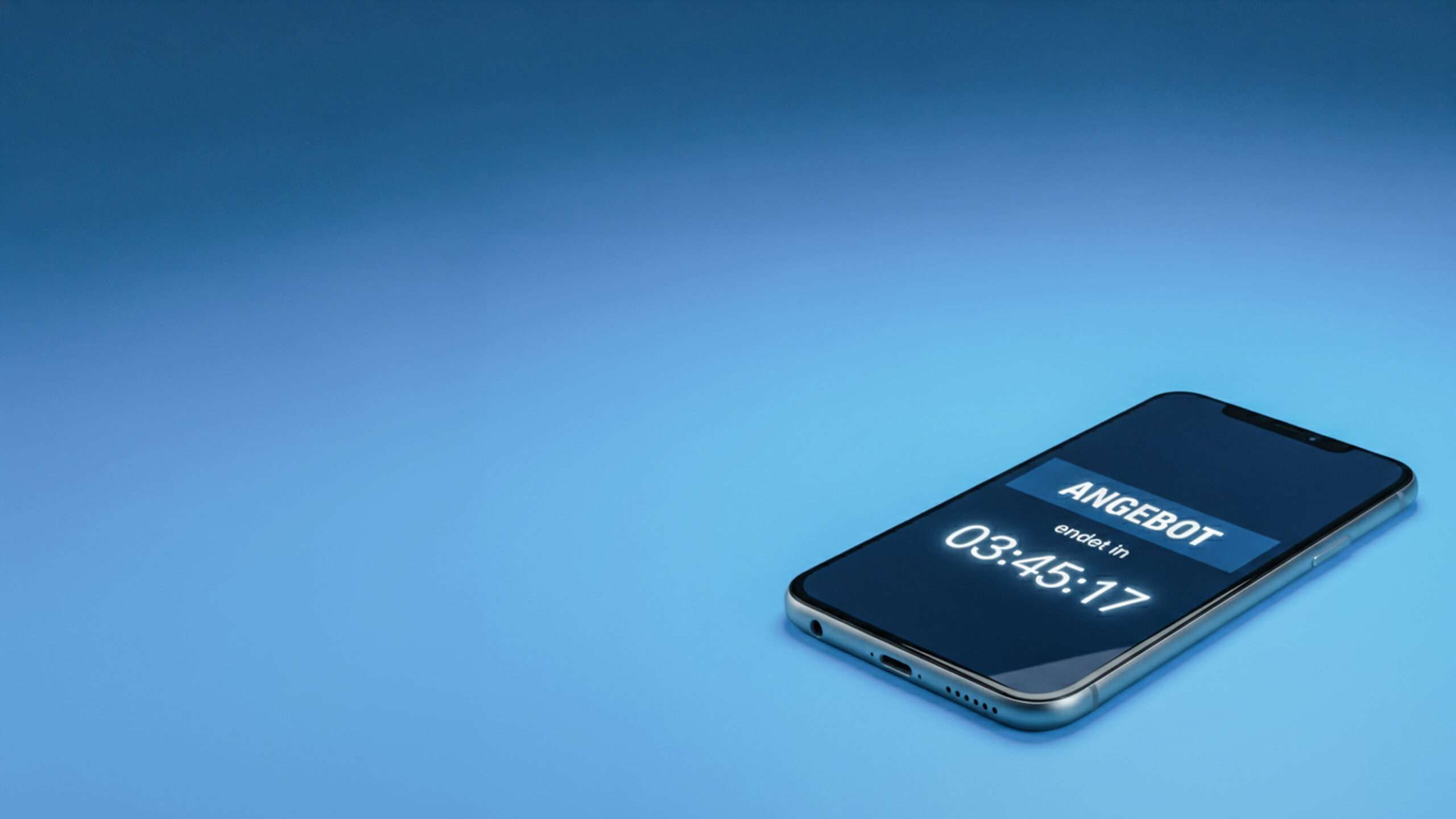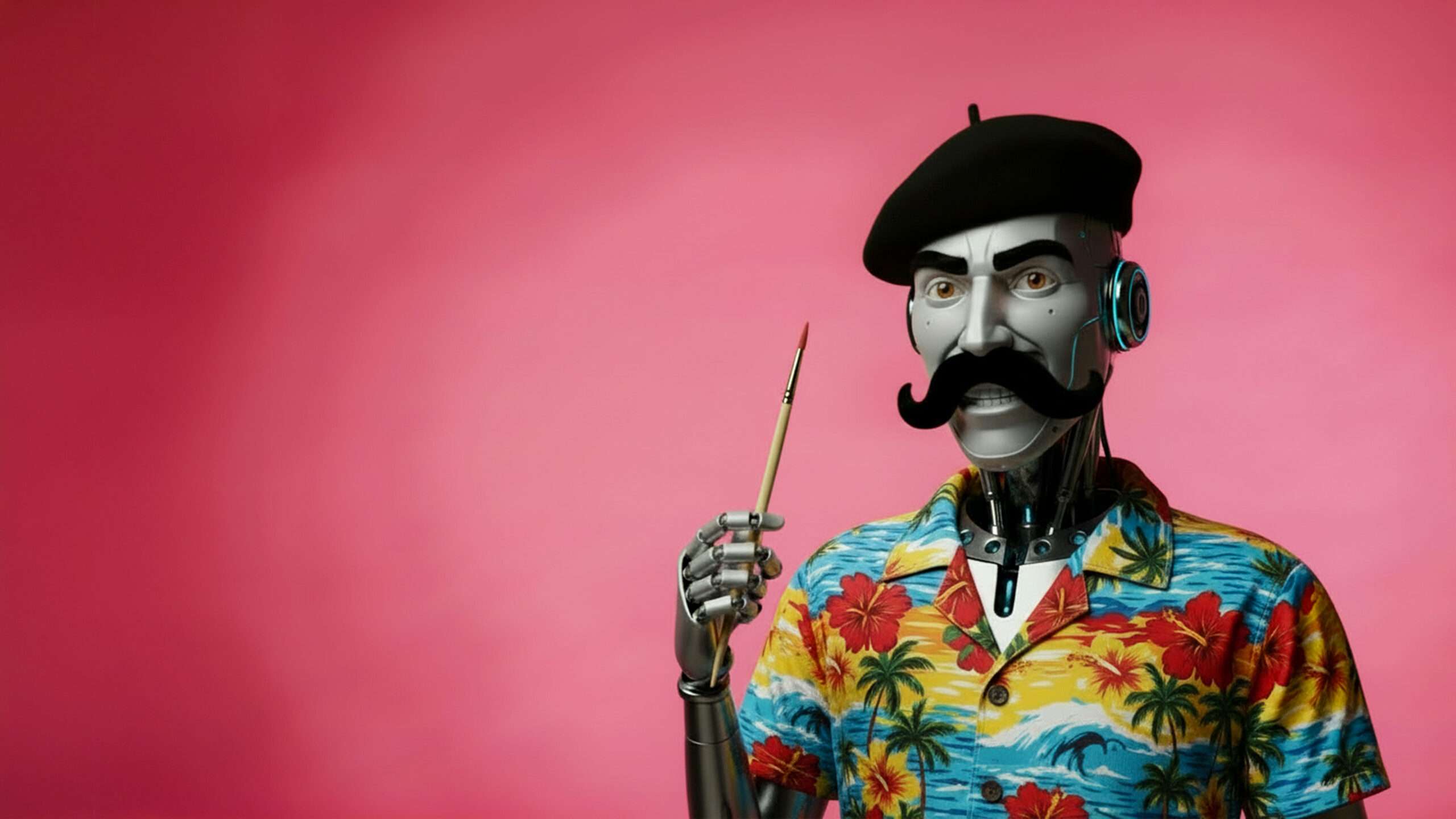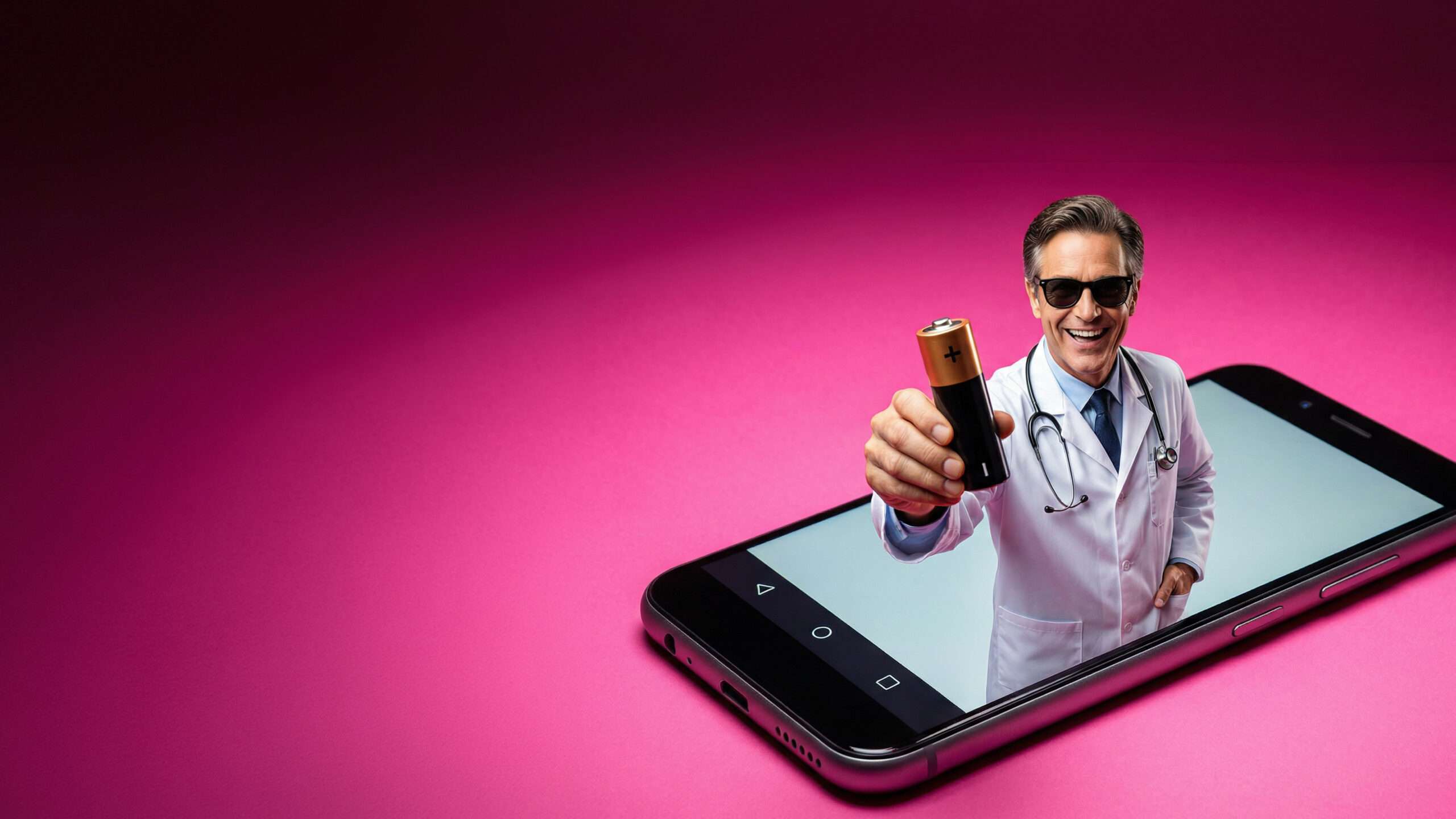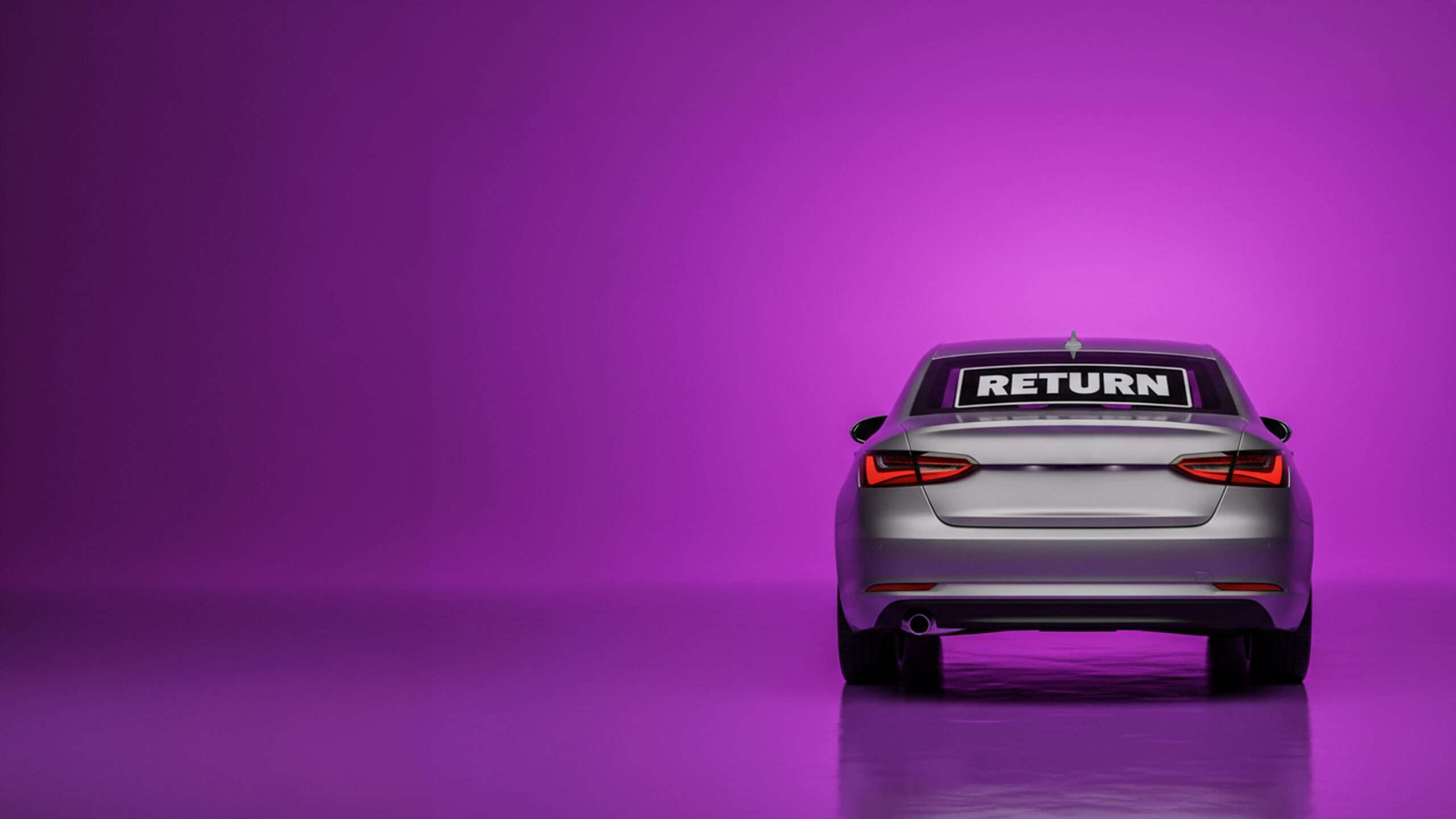
AI imitation
of dubbing voice
Unlawful.
AI imitation
of dubbing voice
Unlawful.
from
The use of artificial intelligence is increasingly giving rise to new legal issues in everyday life. For example, the Berlin Regional Court II had to decide whether the AI-generated imitation of a well-known voice of a voice actor without the voice actor’s consent is unlawful and entails damages.
What is it all about?
The German actor Manfred Lehmann, who is known as the voice of Bruce Willis, Gérard Depardieu and Kurt Russell, filed a lawsuit against the operator of a YouTube channel with almost 190,000 subscribers. The operator had added an AI-generated voice to two political satire videos that unmistakably imitated the plaintiff’s well-known dubbing voice.
The actor saw this as a massive infringement of his general personal rights. His voice was his “most important professional asset” and should not be used for other people’s purposes without his consent. He demanded compensation of 2,000 euros per video as well as reimbursement of his legal fees.
The defendant’s defense was that it was not the original voice, but a synthetic voice from AI software that happened to sound similar. Furthermore, it was satire, which was covered by artistic freedom.
Decision of the Berlin Regional Court
The Regional Court of Berlin II followed this reasoning in its Judgment of 20.08.2025 – Ref. 2 O 202/24 not. It found that the imitation of a voice by artificial intelligence also constitutes an infringement of the law on one’s own voice. The decisive factor is not whether the voice is technically “genuine”, but whether it is recognizably attributed to the person concerned by the public.
The defendant has interfered with the property right of the plaintiff’s right to his own vote.
Even if the voice is not identical, the deceptively real imitation is sufficient to give the public the impression that it is the plaintiff. Comments under the videos had confirmed this impression.
As the voice was also used for commercial purposes – at the end of the videos, reference was made to the defendant’s online store – the court awarded the plaintiff a notional license fee of EUR 4,000 in total (EUR 2,000 per video). This was in addition to just under 1,200 euros for out-of-court legal fees.
Voice protected by the general right of personality
The general right of personality not only protects names and likenesses, but also one’s own voice. Although there is no explicit special regulation for this as there is in the Art Copyright Act for photographs, case law has made it clear that the voice also has an economic value and is protected against unauthorized use.
The regional court pointed out that it is irrelevant whether a voice is imitated by an impersonator or by an AI. In both cases, a “confusion of attribution” arises in the audience, which gives the impression of approval by the person concerned. An appeal to satire or freedom of expression did not help the defendant either: although he was allowed to criticize the government, he was not allowed to use the foreign voice to ensure reach and sales.
Conclusion
The decision of the Berlin Regional Court makes it clear that AI-generated voices are also subject to the protection of personal rights. Companies, content creators and platform operators should therefore be extremely careful when using synthetic voices that resemble a known person.
For those affected, the ruling opens up a clear legal path: anyone whose voice is imitated in videos, podcasts or advertising without consent can demand license fees – regardless of whether it is a real recording or an artificially created imitation.
We are happy to
advise you on
artificial intelligence!







